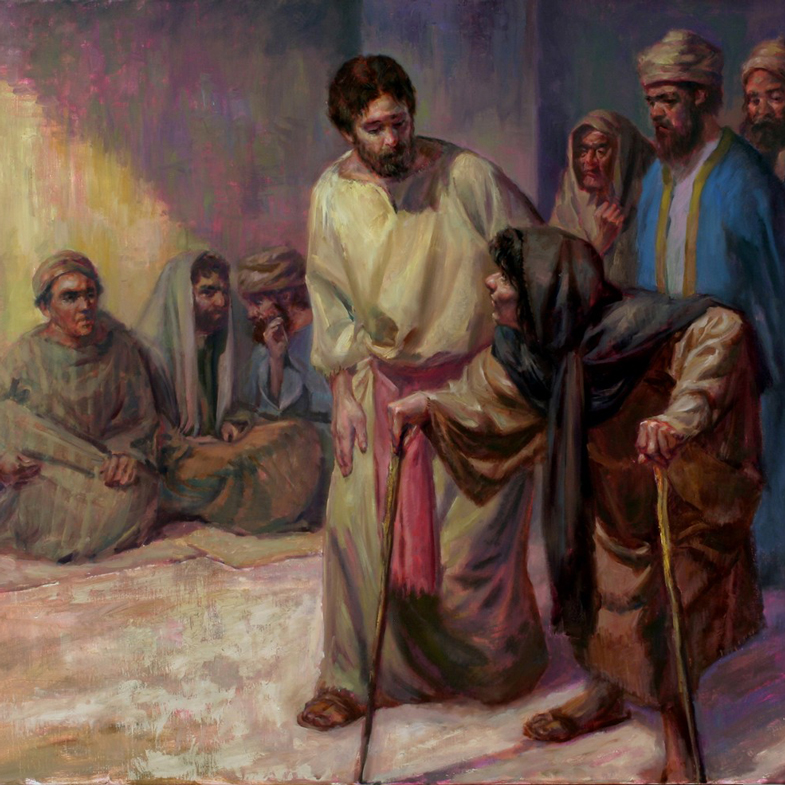“Curiosity is a tough choice for us to make as adults,” says Lisa Thornton as she began our first week of sermons related to a curriculum entitled “Peaceful Practices — A guide to healthy communication in conflict.” And though the curriculum talks about how children tend to have a natural curiosity about the world around them, Lisa finds curiosity to be an intentional posture that one must choose. And it’s not always easy or preferred.

Lisa finds that curiosity isn’t merely about inviting all opinions to the table and giving them equal value, but about looking at the others around the table regardless of their opinion, and holding each person with value. It’s about working to start interactions rooted in empathy and not immediate judgement. Every story we encounter comes with it’s own context and life experiences. Hearts and minds are never changed because of one side’s declaration of truth at the other. Hearts and minds are changed because stories of others are revealed, and the Holy Spirit is allowed to work throughout.
She says that “in organizing we have a saying that the first revolution is internal.” This means that for every person, there was an internal revolution that awakened their heart and mind to a new way of thinking. A posture of curiosity opens the door for this revolution, and creates ways for people who we once saw as other to be seen as kin.
The story we read this past July 3rd in Luke 13:10-17 has a lot to teach about this.
Hear more as Lisa unpacks the story of Jesus healing a woman bent over for 18 long years, rendering her invisible, on the Sabbath; and the responses the healing generates in the synagogue.
Note: for members of our congregation listening, we did “talk-back” this week by breaking up into groups to take on the role of the woman, the synagogue leader, and the crowd, and thinking about what their perspective might have been.
